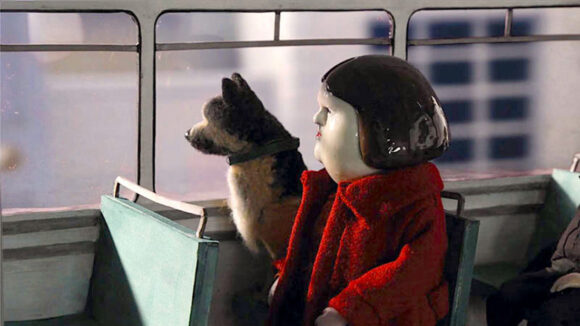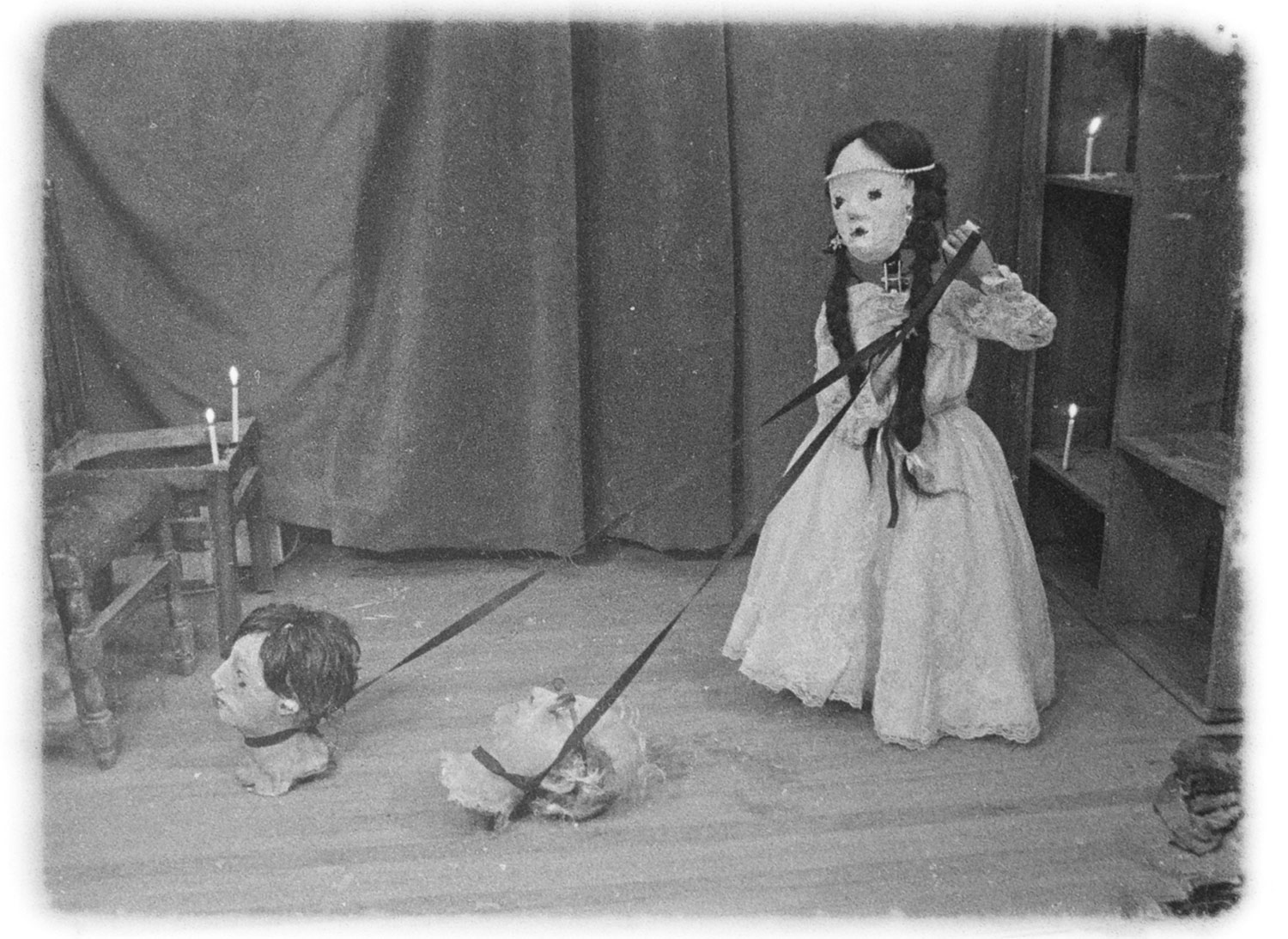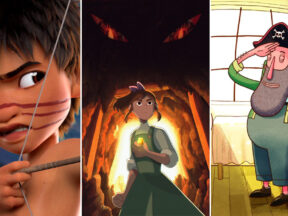

Three Chilean Animated Shorts Are Competing At This Week’s Guadalajara Festival
Chile arrives at the Guadalajara International Film Festival’s 36th edition with three animated short films. Among the selected films are the recently awarded Beast, a winner at Annecy, and The Bones, which was awarded at Venice. The third film is Uninhabited, which will premiere at the festival after four years of work. The event will take place on October 1–9 in the Mexican city.
Each year around ten animated short films compete for the Rigo Mora Award for best international animated short film. The award has been promoted by director Guillermo del Toro for over a decade and aims to support the production of Mexican animated short films. With time, the section has become known as a window of opportunities for animation filmmakers from around the world. This year’s edition has fifteen animation films from Mexico, Canada, France, Netherlands, Serbia, Belgium, Portugal, Spain, Australia, Slovenia, Germany, and Chile.
The three Chilean productions are competing for this important award. They display a variety of techniques and subjects that demonstrate the growth of the national animation industry, which each year produces richer and more diverse content.
Says Maria Pilar Gajardo, president of Chile’s animation trade body Animachi: “Chile will stand out at Guadalajara with an unseen presence, in relation not only to the number of projects and the diversity of their content but also to a great artistic and narrative technique. This has been happening with different industry spaces, where Chile has developed a systematic presence in time that is relevant for the international landscape.”
Beast (Bestia) is an animated film inspired by real events. The story centers on the life of Ingrid Olderock, a secret police agent during the Chilean military dictatorship, who used to train dogs to torture political prisoners. Directed by Hugo Covarrubias and produced by Tevo Díaz, the short film won the Festivals Connexion Award at this year’s Annecy, the largest animation festival. It also won the Latin American animated short film competition at Chilemonos International Animation Festival 2021.
On the other hand, The Bones (Los Huesos), directed by Cristóbal León and Joaquín Cociña, and produced by Lucas Engel, tells a fictitious story about the first stop-motion movie ever made. In it, a young girl uses human corpses and summons the spirits of two damned ministers in a ritual to free Chile from those two key figures, amid the construction of an authoritarian and feudal country. The film recently received the best short film award in Venice International Film Festival’s Horizons section.

Says Cociña: “It is great to present your work at places like Venice, San Sebastián, and Annecy, but I believe that at an emotional and political level, it is important for us to show it in Latin America.” Adds León: “Besides, we are very happy to be joined by other Chilean animation short films in this competition. It’s a great moment for Chilean animation.”
Uninhabited (Deshabitada), directed by Camila Donoso and produced by Amanda Puga, also uses the stop-motion technique. It tells the story of an old lady in her declining years who wakes up one morning and starts going over her past, through images filled with pain and innocence.
“We are making good cinema in Chile, working mostly on new audiovisual languages,” says Donoso. “For instance, among us — Hugo Covarrubias, Cristóbal León and Joaquín Cociña, and me — there are three very different ideas of a same animation cinema language.”
Chile’s participation is led by diverse public and private institutions: Ministry of Culture, Arts, and Patrimony (MINCAP), ProChile, sectorial brands CinemaChile and Chiledoc, the Chilean Documentary Corporation, the Chilean Animators Association, and their brand, Chilean Animation.

.png)
